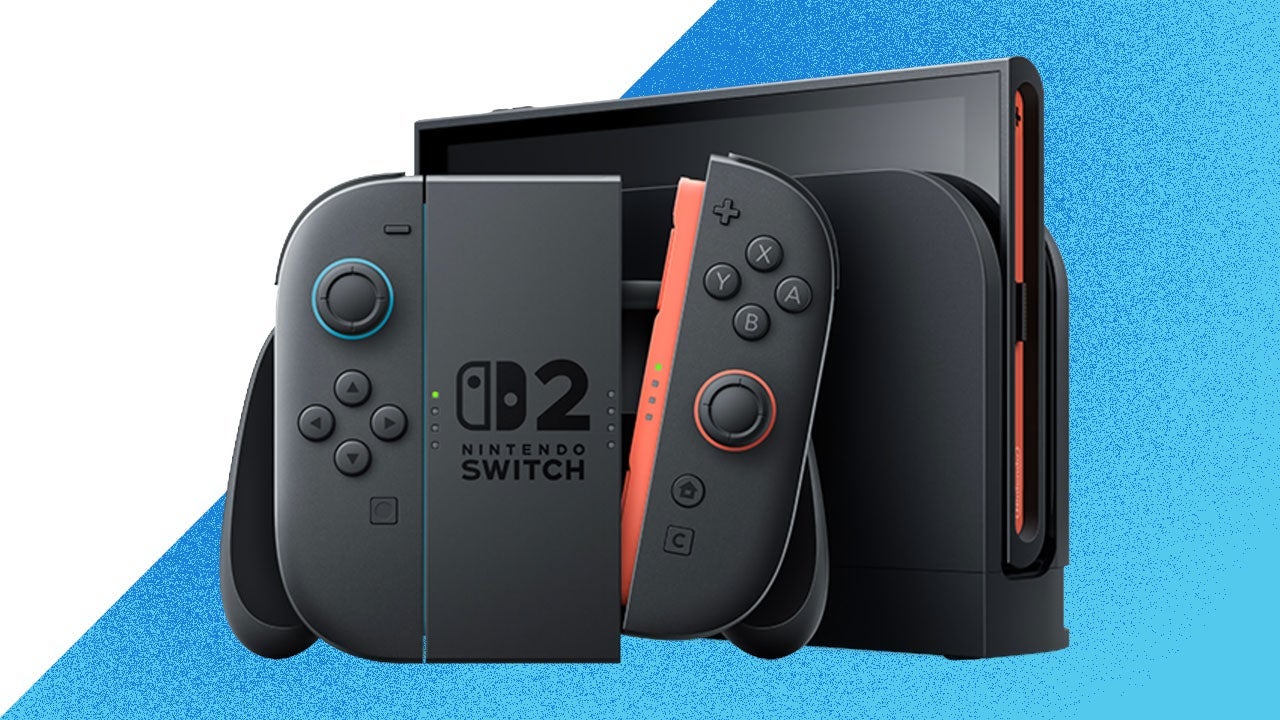
Nintendo's New Anti-Piracy Measures Raise Concerns for Second-Hand Game Buyers
Nintendo has recently sparked concern among Switch 2 owners after a series of reports revealed that the company’s new anti-piracy measures are leading to console bans. These bans affect users who have attempted to play second-hand games, even if the games themselves are legitimate. This issue has raised questions about how Nintendo is handling digital rights and the potential consequences for consumers who purchase used games.
One of the most notable cases involved a Switch 2 owner named dmanthey, who shared their experience on Reddit. According to dmanthey, their console was banned by Nintendo after they played a selection of Switch 1 cartridges they had purchased from Facebook Marketplace. While the games were genuine, the ban occurred because the cartridges had previously been cloned onto a piracy-enabling device, such as a MIG Switch. The licenses associated with these devices were marked as pirated, which led to the ban.
Dmanthey explained that the situation arose because a previous owner had used a cloning device to make a copy of a game. They then sold the original cartridge and kept the cloned version on their MIG Switch. Both the original and cloned copies ended up being flagged by Nintendo, resulting in both users being banned when they connected their consoles online. However, only one of the users still had the physical cartridges, which allowed them to be unbanned after providing proof of ownership.
The process of resolving the ban was relatively straightforward for dmanthey. After contacting Nintendo’s customer support, they provided a conversation with the seller from Facebook Marketplace and a photo verifying their possession of the legitimate cartridges. As a result, their console was quickly unbanned. This outcome contrasts with previous reports where users claimed that Nintendo’s bans were permanent and irreversible.
Dmanthey also noted that Nintendo’s customer support had access to an extensive amount of information during their conversation. The support team could see details such as the user’s DD-WRT endpoints, the brand of their memory card, and even the specific peripherals they were using, including an EVGA mouse and keyboard connected to the Switch 2.
While this situation appears to be rare at the moment, dmanthey warned that it may become more common as more people purchase Switch 2 consoles and as more cloned second-hand games enter the market. There are concerns that this could lead to an increase in piracy activity, as some users might choose to discard their cloned copies once they learn about the potential for bans.
A similar incident occurred last month when a Switch 2 owner purchased a second-hand console from Target and discovered that it had already been banned by Nintendo. The user shared their story to help others avoid a similar experience. Despite repeated attempts to contact Nintendo for more information about the bans, no official response has been received.
As Nintendo continues to implement stricter anti-piracy measures, it remains to be seen how these policies will affect the broader gaming community. For now, the experiences of users like dmanthey serve as a cautionary tale for those considering purchasing second-hand games or consoles. It highlights the importance of verifying the legitimacy of used products and understanding the potential risks associated with digital rights management systems.
Posting Komentar untuk "Nintendo Switch 2 Owner Claims Ban for Playing Legitimate Second-Hand Games"